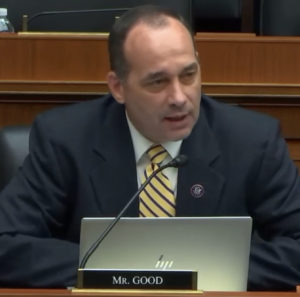In ‘sweeping expansion,’ U.S. Dept. of Education extends reach over third-party educational services in the name of ‘transparency’
Companies working with higher education institutions were shocked to discover the U.S. Department of Education (USDE) abruptly expanded its definition of a third-party service (TPS).
Some critics…

Companies working with higher education institutions were shocked to discover the U.S. Department of Education (USDE) abruptly expanded its definition of a third-party service (TPS).
Some critics see the move as a power grab.
“It’s pretty unprecedented what they’re doing,” said Katherine Brodie, an education lawyer at Duane Morris LLP. “It’s a sweeping expansion of jurisdiction that we haven’t seen before.”
The USDE announced its new definition of TPSs would include student recruiting and retention services, curriculum development, and marketing services.
Previously, TPSs were only organizations that assisted institutions in administering federal financial aid.
Being labelled a TPS comes with red tape, requiring the organization to share the university’s liability for following federal education amendments, particularly Title IV.
Colleges are required to be in compliance with the new rules by May 1, which is causing frustration among college officials, especially since the new regulations are not well-defined.
“We’re reading through this again and again,” said Erika Swain, assistant director of compliance and authorization at the University of Colorado at Boulder. “What is it that we’re doing? How do we do it? Where does it live? And what does the contract say?”
As institutions scramble to figure out what services are liable and whether their contracts need to be altered, some are criticizing USDE for muddying the water instead of creating transparency.
“It’s not that they’re (TPSs) malicious actors, or they’re hiding information, or they’re trying not to be in compliance,” said Jonathan Fansmith, senior vice president for government relations at the American Council on Education. “When it’s not clear anymore what’s covered and what isn’t, it’s really hard to report back, and to understand what your obligations are.”



